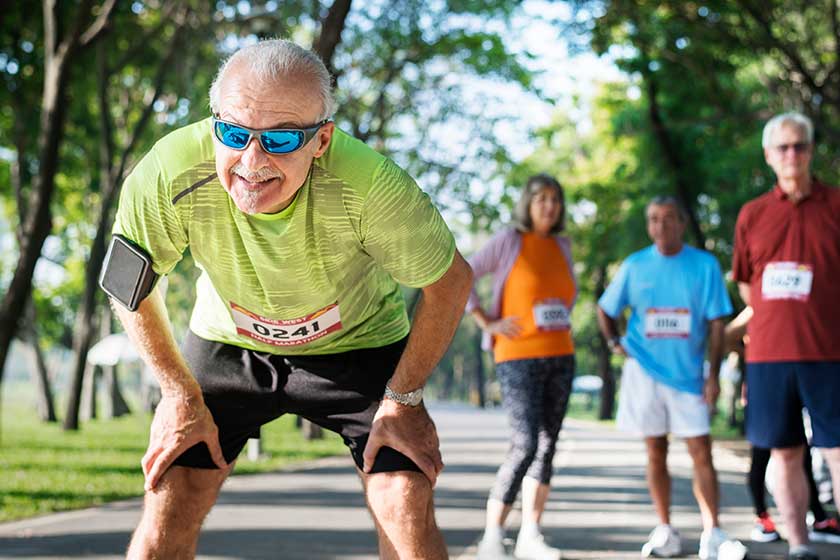If you are in your 50s and have not checked running a marathon off your bucket list, you might think it is too late to do so. Think again. During the TCS New York Marathon 2019, there are a total of 53,157 total participants. Among these marathon runners, 12,821 of them are over the age of 50. That makes up approximately 24.1% of the total number of runners! Even though extreme sports like a marathon is more physically demanding and exerting on your body when you are older, you can still achieve great distances with the right training and preparation. Here is a guide for preparing to run a marathon in your 50s.
Set Realistic Expectations
Aging can affect our hormones, metabolism, joints, and other areas of our body’s physiology. This can hinder our body’s ability to perform in physical activities, and in recovery. You will likely perform and run slower now that you are over 50, as compared to when you were in your 20s, and that is perfectly normal. It is also important to take into account if you have been fairly fit your whole life, or if you have been inactive for a while. Set realistic expectations on what you wish to achieve, and start slow. Pick a race that is suitable and achievable for you, taking into account the distance, terrain, and temperatures.
Preparation
Jay Bawcom, a marathon coach for senior runners, suggests for runners in their 50s to set aside 18 to 20 weeks to prepare and train for their marathon. That is to ensure that you can have sufficient time to recover between your training sessions. There are two ways for you to train for your marathon – running shorter distances at a faster pace than your marathon, or running longer distances at a slower pace than your marathon. If you are a new runner, pace yourself and join running clubs to be around like-minded individuals to help motivate you, or give you running tips.
On days that you are taking a break from running, you can participate in other physical activity to maintain your overall physical wellness, such as swimming, yoga, pilates, or cycling. These supplemental workouts can help you build strength, reducing your risk of injury.
Focus on Recovery
Maintaining an effective recovery routine is just as important as the training itself. Training for a marathon is physically and mentally demanding at any age. Help your body relax and recover with foam rolling, compression gear, proper stretching and regular massages. If you experience any injury or discomfort with your body, see a health-care expert immediately.
The second part of your recovery routine is maintaining a healthy diet. Choose a well-balanced diet with foods that include healthy proteins and fats, as well as high-quality caloric content to replace the energy lost. Remember to stay hydrated at all times too.
The last part of your recovery routine is getting plenty of sleep. Marathon training is time-consuming, and can be difficult to incorporate into our daily routine. However, that doesn’t mean that you should cut down on sleep to fit in an extra workout. You’ll be better off skipping that workout and getting enough rest for your body to get the full benefit of recovery.






